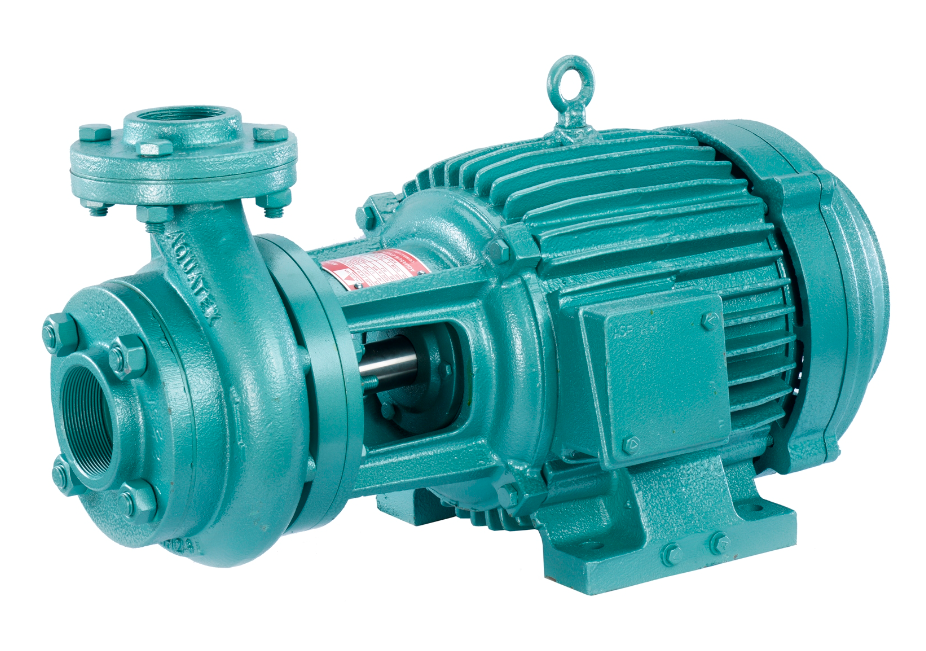Customer - Centric Considerations in Industrial Pump Quotations
Customer - Centric Considerations in Industrial Pump Quotations
Abstract
This article emphasizes the importance of customer - centric thinking in industrial pump quotations. By understanding and addressing the specific needs of customers, suppliers can create quotations that not only meet customer expectations but also build long - term business relationships.
1. Introduction
In the highly competitive industrial pump market, putting the customer at the center of the quotation process is essential for success. A customer - centric approach ensures that the offered price and product features align with the customer's requirements, leading to higher customer satisfaction and loyalty.
2. Application - Specific Requirements
Industrial pumps are used in a wide range of applications, each with its own set of requirements. For example, pumps used in chemical plants need to be resistant to various chemicals, while those used in wastewater treatment plants must handle large volumes of water with high - solid content. Understanding these application - specific requirements allows suppliers to recommend the most suitable pump models and price them accordingly. Custom - designed pumps for specialized applications may involve higher costs but can also justify a higher price due to their unique value.
3. Quantity and Order - Specific Considerations
The quantity of pumps ordered by a customer can have a significant impact on the quotation. Larger orders often qualify for volume discounts, as the cost per unit can be reduced through economies of scale. Additionally, special order requirements such as expedited delivery, customized packaging, or specific payment terms need to be considered. Expedited delivery may require additional resources and costs, which should be reflected in the quotation.
4. Customer Budget and Cost - Benefit Analysis
Understanding the customer's budget constraints is crucial. Suppliers can work with customers to conduct a cost - benefit analysis, showing how the features and performance of their pumps can provide long - term value despite the initial price. For example, a more expensive but energy - efficient pump may save the customer significant operating costs over its lifespan, making it a more cost - effective choice in the long run.
5. After - Sales Service and Support
Customers often consider the quality of after - sales service when evaluating a quotation. This includes services such as warranty coverage, maintenance support, and availability of spare parts. Offering comprehensive after - sales service can increase the overall value of the product and may justify a higher price in the quotation.
6. Conclusion
In conclusion, a customer - centric approach in industrial pump quotations is essential for building strong customer relationships and achieving business success. By understanding and addressing application - specific requirements, quantity - related factors, customer budgets, and after - sales service needs, suppliers can create quotations that are attractive to customers and profitable for the business.
Article 4: Competitor Analysis in Industrial Pump Quotations
Abstract
This article delves into the significance of competitor analysis in industrial pump quotations. By understanding the strategies and offerings of competitors, suppliers can position their products effectively, set competitive prices, and differentiate themselves in the market.
1. Introduction
In the industrial pump market, competition is fierce. Competitor analysis provides valuable insights that help suppliers make informed decisions about their quotations. It allows them to understand the market landscape, identify their competitive advantages, and respond to the moves of their rivals.
2. Identifying Competitors
The first step in competitor analysis is to identify direct and indirect competitors. Direct competitors are those who offer similar industrial pumps in the same market segment. Indirect competitors may include companies that provide alternative solutions to the customer's pumping needs, such as different types of fluid - handling equipment. Once identified, a detailed analysis of each competitor's product range, pricing, and market share can be conducted.
3. Competitor Pricing Strategies
Competitors may adopt different pricing strategies. Some may use a cost - plus pricing model, where they add a markup to the production cost to determine the selling price. Others may employ a value - based pricing strategy, setting prices according to the perceived value of their products to the customers. Analyzing these pricing strategies helps suppliers understand how their prices compare in the market and whether they need to adjust their own pricing approach.
4. Product Differentiation and Unique Selling Points
Identifying the unique selling points (USPs) of competitors' products is crucial. These could include features such as higher efficiency, better reliability, or longer service life. By comparing their own products with those of competitors, suppliers can identify areas where they can differentiate themselves. For example, if a competitor's pump is known for its high - quality construction, a supplier may focus on offering more flexible customization options or better after - sales service to attract customers.
5. Responding to Competitor Moves
Competitor analysis also involves monitoring and responding to the actions of competitors. If a competitor launches a new product at a lower price, a supplier may need to consider reducing its own price, improving product features, or increasing marketing efforts. On the other hand, if a competitor raises its prices, a supplier may see an opportunity to gain market share by maintaining a competitive price.
6. Conclusion
In summary, competitor analysis is an essential part of the industrial pump quotation process. By understanding the competitive landscape, pricing strategies, and unique selling points of competitors, suppliers can position their products effectively, set competitive prices, and gain a competitive edge in the market.





